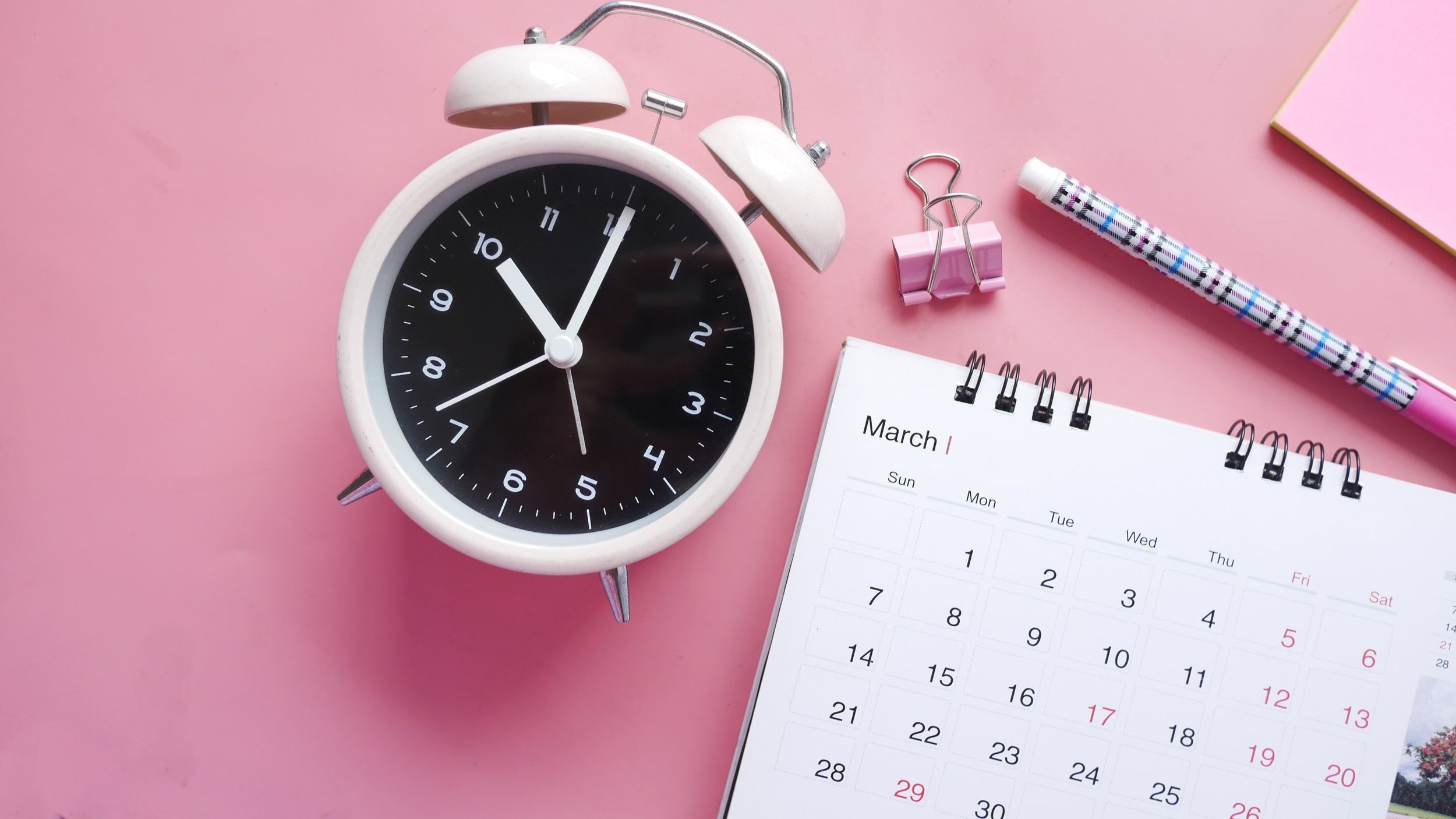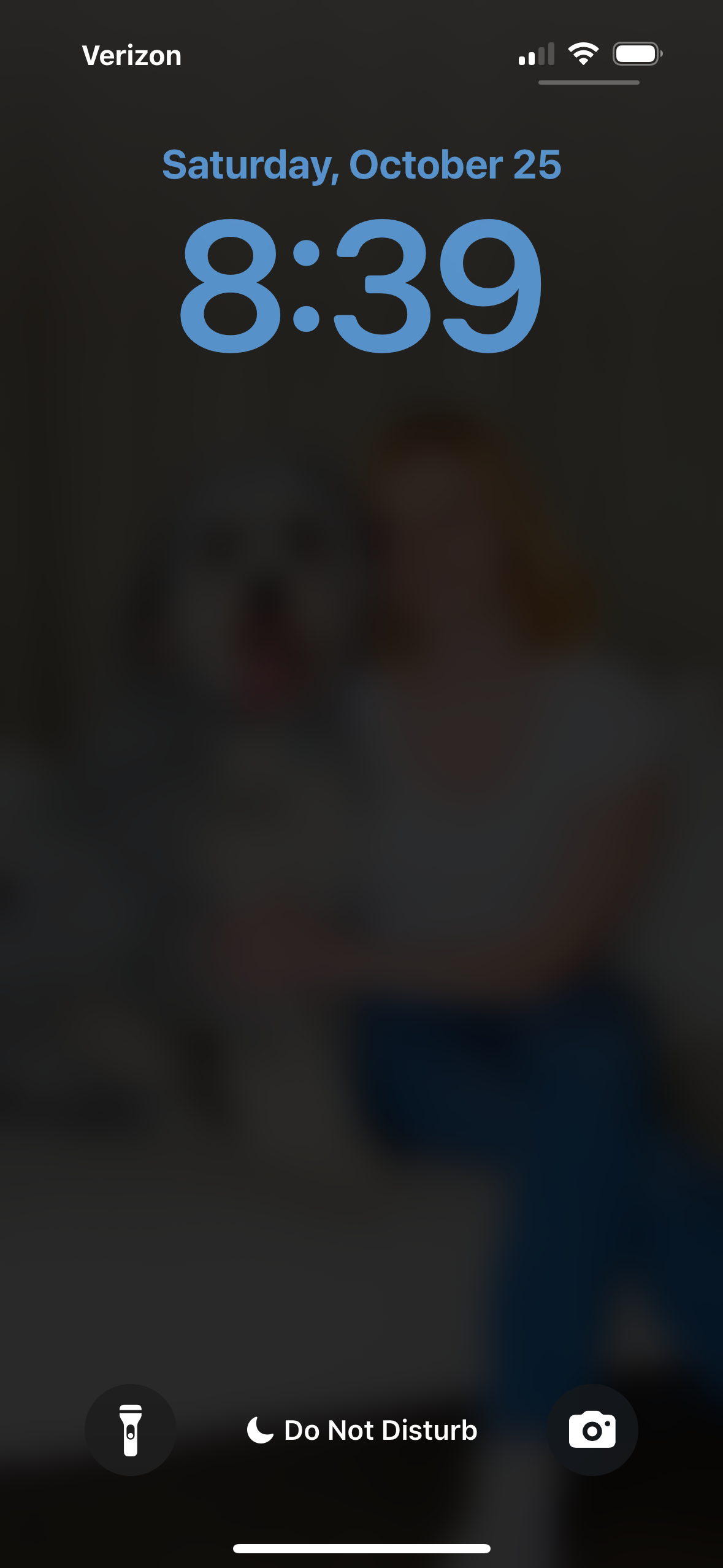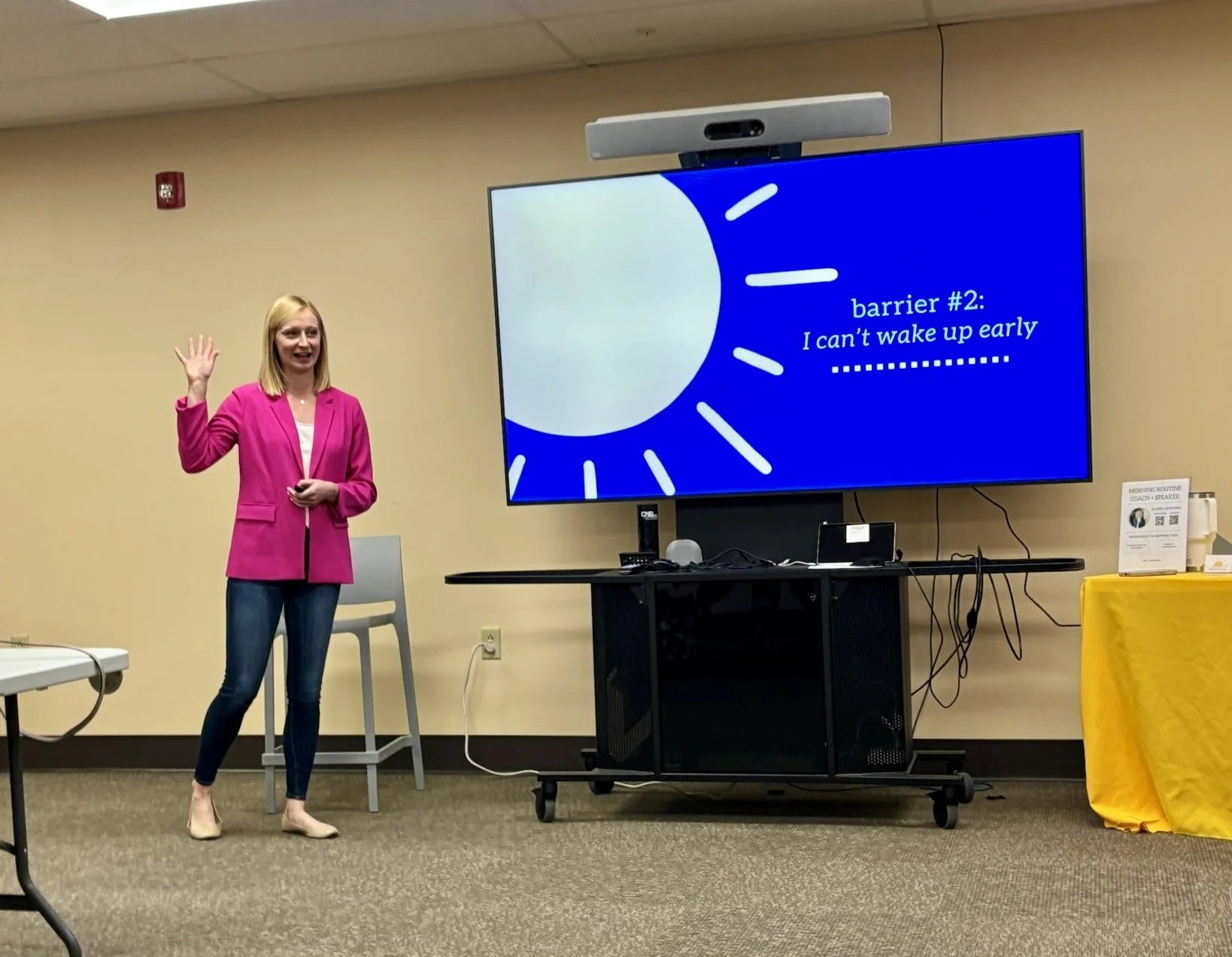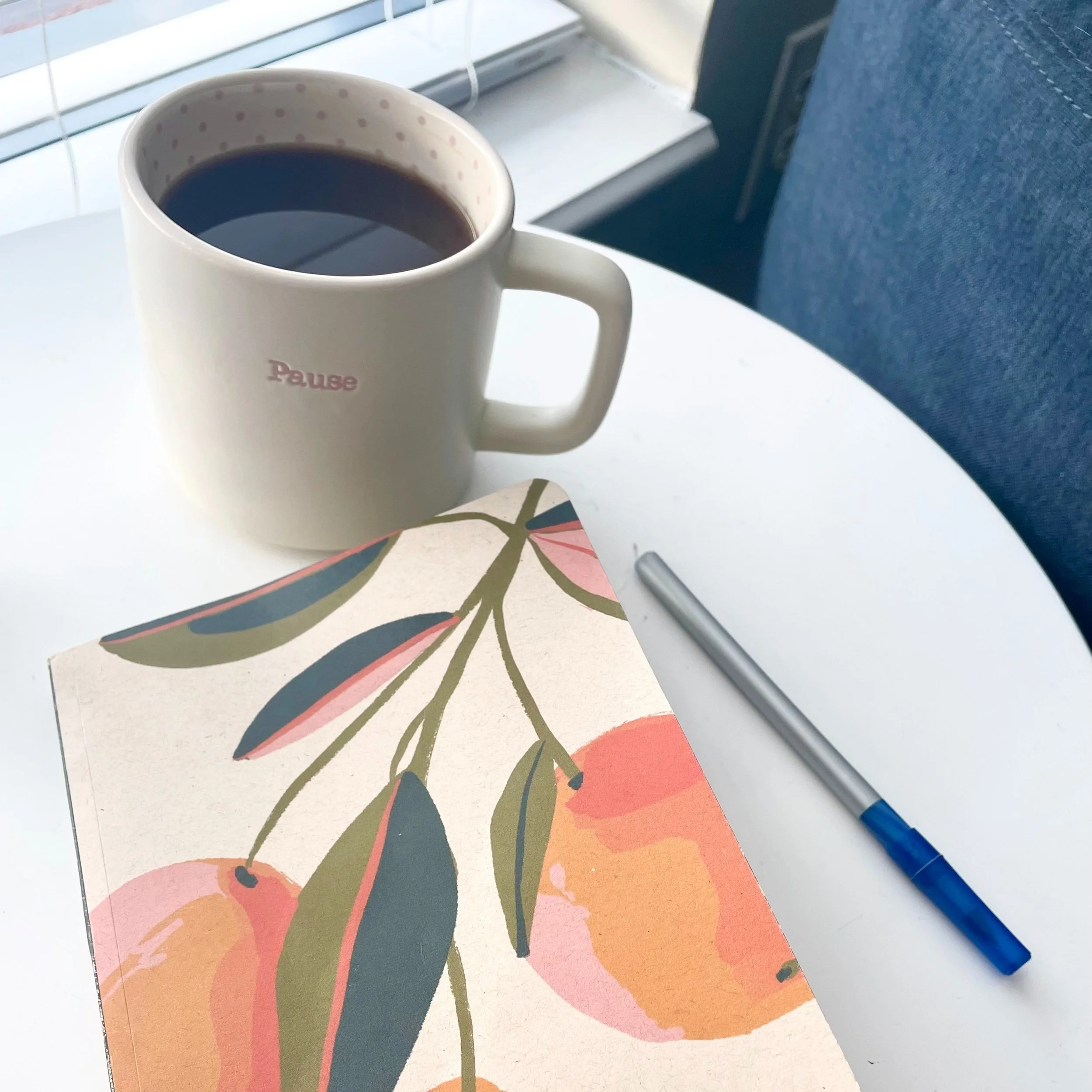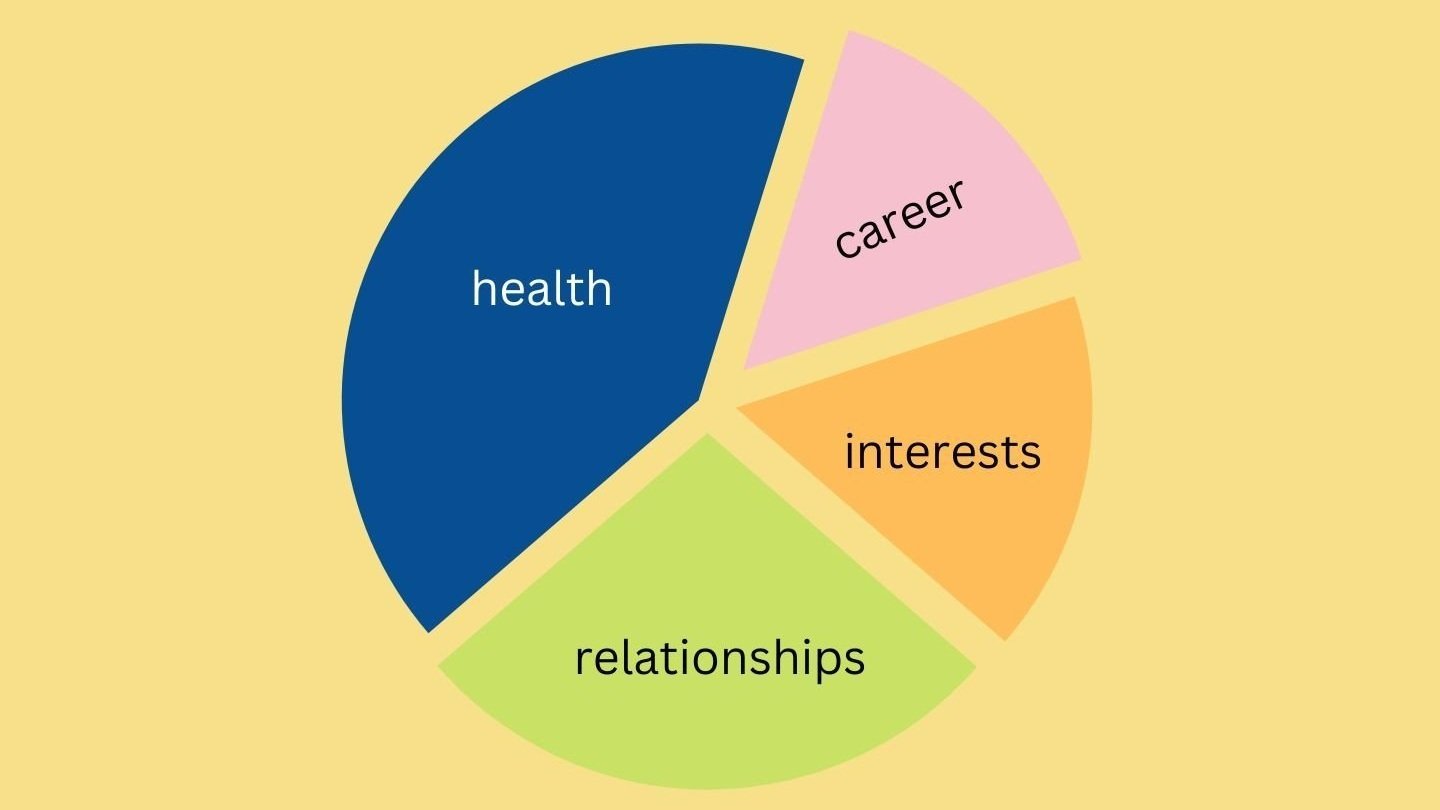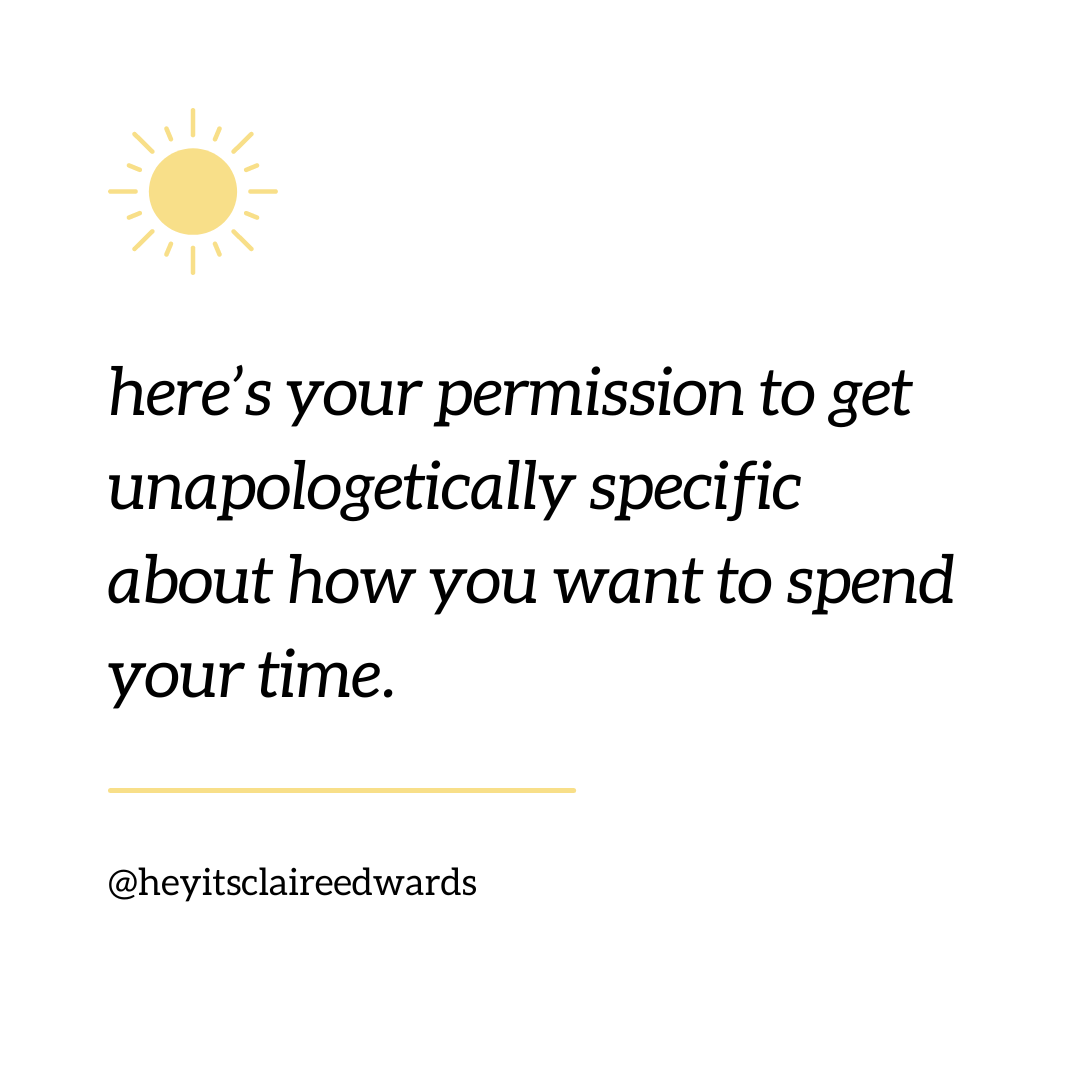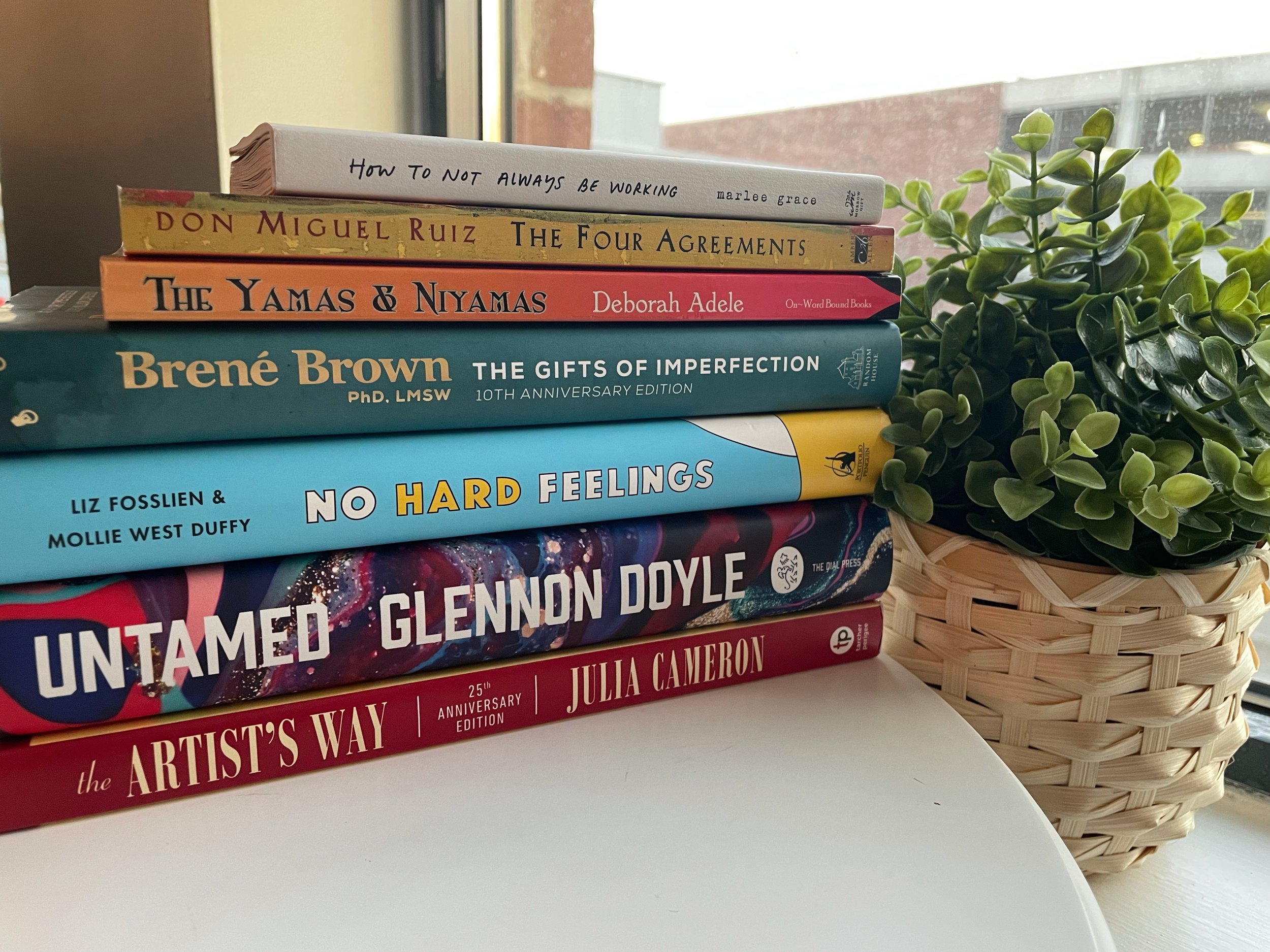Recently, I finished reading Not Drinking Tonight: A Guide to Creating A Sober Life You Love by Amanda E. White (@therapyforwomen).
I did not read this with the intention of getting sober, but to explore my relationship with alcohol.
I grew up in a family that drinks and is always ready to throw the next killer football tailgate.
I went to college in the middle of cornfields, where some may argue that the only activity there was to drink.
After college and coming into the adult world, I noticed even more how ingrained drinking was in our culture. Meeting friends or going on dates usually involved going to get a drink.
I wouldn’t say I had a problem with drinking, but I considered what if I did it less?
I was willing to pick up White’s book because she wasn’t saying “You have to get sober.”
She wanted you to consider “Would your life be better without alcohol?”
This question seemed graceful for my perfectionist brain and was what I asked myself throughout the whole book.
Here were a few takeaways that really stuck out to me.
We don’t have to be either sober or an alcoholic.
She explains in the book that sometimes we feel like we have to be 1 or the other.
We don’t have to put a label on it and we can just start being intentional about the choices we make. We don’t have to live in 1 extreme or the other if we don’t want to.
Identifying the costs & payoffs of drinking and not drinking.
There is an exercise she has you do in the middle of the book to write down the costs and payoffs of drinking and not drinking.
It is eye-opening when you actually write it down.
When you evaluate everything from how it makes you feel the next day, the cost, the logistics, and your interactions with other people. Definitely a powerful exercise.
There are options to socialize sober.
A lot of times when I’m socializing with friends, it isn’t necessarily that I want an alcoholic drink, but I feel like I need a drink in my hand.
One option White mentions is ordering a mocktail.
I could see myself ordering the cocktail that comes in the fancy glass without the alcohol and still enjoy myself. I’ve also started to notice some places have non-alcoholic beers as an option on their menu.
White also mentions that some big cities have sober bars now.
I have never heard of this, but I know one is opening in Columbus very soon and am interested to check it out.
I have a feeling this business idea will start catching on as health and wellness becomes more important to people.
Plan 24 hours in advance if you’re going to drink.
If you’re looking to moderate, White gives this tip so you have the chance to make the intentional decision to drink, instead of drinking due to a trigger.
I really liked this because it is easy to have a drink because someone else did, because it’s nice out, or you had a long day and you want to use it as a tool to unwind.
Deciding in advance that I’m going to drink can help me remove the possible shame from drinking and decide that I want it because I want it, and not for another reason.
We aren’t looking for a drink, we are looking for a moment.
White quotes author Holly Whitaker who says, “...sometimes we don’t actually want a drink, we want a moment.”
This blew my mind because it is so true for me.
I sometimes just want to be outside on a patio with friends, drink out of a fancy glass, go to a place with a cool atmosphere, or do something to unwind.
And really, none of these have to involve alcohol if I don’t want them too.
–
So where does this leave me?
After I read the book, I kind of felt the self-inflicted pressure to be sober.
But I keep coming back to these takeaways and they have helped me re-evaluate my relationship with alcohol in a graceful way.
So I am not sober, but more so seeing what drinking in moderation looks like.
As White puts it, I want to continue to explore… would my life be better without alcohol?













